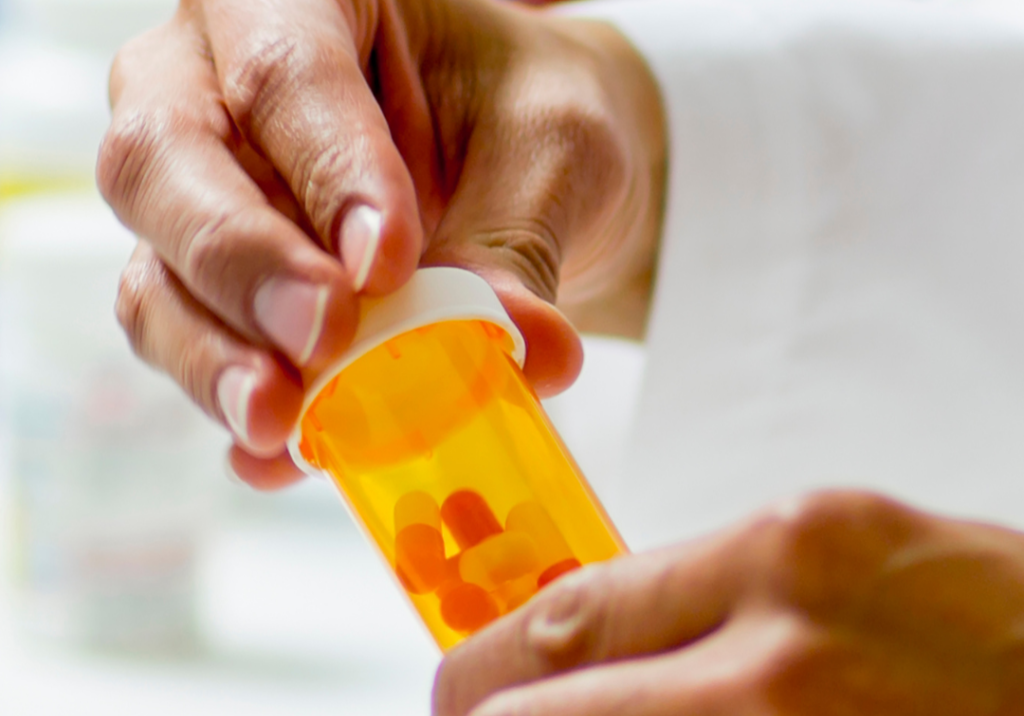Public asked to play a part in getting a handle on antimicrobial resistance

People living across Bath and North East Somerset, Swindon and Wiltshire are being told how they can play a small but significant part in preventing antimicrobial resistance.
Each year, up to five million people worldwide lose their life as a result of antimicrobial resistance, which occurs when bacteria, viruses and other illness-inducing germs become immune to the medicines that once kept them at bay.
Antimicrobial resistance is a key focus of the World Health Organisation, with the body dedicating the third week of November each year to raising awareness of the issue.
One of the biggest catalysts for the worldwide increase of drug-resistant antimicrobials is the misuse and overuse of antibiotic medicine.
People who are prescribed a course of antibiotics can easily play a part in limiting the spread of antimicrobial resistance by completing their course of medication as instructed, and not throwing any excess drugs in the bin or down the toilet.
Instead, people should take their surplus medicine to a pharmacy, which can arrange for the items to be destroyed in a safe and effective way.
Connie Timmins, Lead Nurse for Infection Prevention and Control, Bath and North East Somerset, Swindon and Wiltshire Integrated Care Board, said: “We rely heavily on antibiotics for making us feel better when we are suffering from an infection caused by bacteria.
“This is why antimicrobial resistance is very concerning, as it has the potential to make many of the drugs that we take for granted in everyday health and care less effective or, in some cases, ineffective.
“We’ve all seen the posters about antibiotics not being designed for colds and flu, and that is absolutely right, as taking them when not needed can fuel antimicrobial resistance.
“The best thing local people can do to help slow the rise of antimicrobial resistance is to always follow the advice of their doctor or pharmacist when given a course of antibiotics.”
World Antimicrobial Awareness Week runs from Friday 18 to Thursday 24 November, and is being marked in countries across the globe.
To discover more information, as well as learn what else can be done at a local level to help stop antimicrobial resistance, visit www.who.int.
